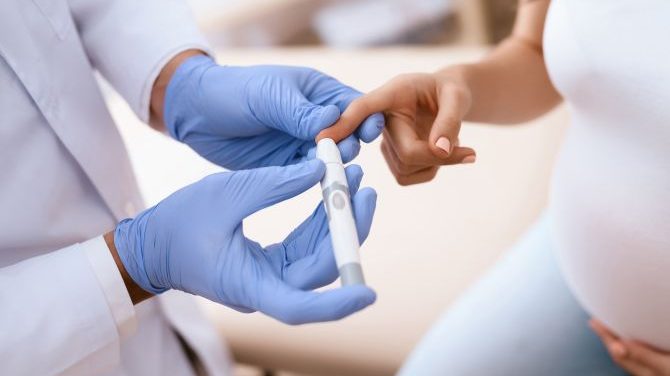Over 90 members of Congress are requesting that the Food and Drug Administration oversee non-invasive prenatal testing after a bombshell New York Times investigation showing that these tests are wrong far more often than they are correct.
"We write to you today because it is our understanding that many of these tests have not been approved by the Food and Drug Administration (FDA), and we seek further clarification from the agency on this important matter," said the Jan. 21 letter to FDA Acting Commissioner Janet Woodcock.
The letter was led by Reps. Chip Roy (R-TX), Michelle Fischbach (R-MN), and Sen. Steve Daines (R-MT).
While these types of tests have been on the market since 2011, and about one and three pregnant women take non-invasive prenatal testing during their pregnancies, the tests have “largely escaped FDA regulatory review,” said the letter.
“Companies that market and sell these products continue to see their profits grow and more products enter the market. According to a Pew Trust report from January of 2021, more than 40 non-invasive prenatal tests are now available on the market,” the members of Congress said.
“Unfortunately, many of the test manufacturers do not publish data on the accuracy of their tests, and others point to less than satisfactory studies to support their products.”
On Jan. 1, the New York Times published the results of their investigations into the tests.
The Times interviewed researchers and combined studies “to produce the best estimates available of how well the five most common microdeletion tests perform”: DiGeorge syndrome, 1p36 deletion, Cri-du-chat syndrome, Wolf-Hirschhorn syndrome, and Prader-Willi and Angelman syndromes.
The tests’ positive results are wrong around 85% of the time, the Times found. Many women are pressured or moved to consider abortion after a test comes back positive.
“While these tests can help parents prepare for the arrival of their child, we are concerned that they could be a predatory financial windfall for manufacturers and directly result in the termination of innocent human life,” said the letter.
Prenatal testing for conditions such as Down syndrome has been commonplace for decades, but these non-invasive tests for rare diseases are newer. In some countries, upwards of 95% of babies who are diagnosed with Down syndrome in utero are aborted.
The letter asked Woodcock to release information regarding the efficacy of the tests, what the FDA knew about the tests, and if there was anything the FDA could do to evaluate the efficacy of these tests, as well as any potential FDA approval steps for certain non-invasive prenatal tests.
A spokesman from Roy’s office emphasized the need to ensure that these kinds of tests are accurate.
“The results of these tests have literal life or death consequences for unborn fellow Americans, yet it turns out some of them are wrong about 85% of the time,” the spokesman told CNA.
“Some parents might use this information to help prepare for the arrival of a child, but we know that others are pressured by the medical system and our pro-abortion culture to abort a human life based on dubious information.”
“Eugenic abortion is evil enough to begin with; basing it on unreliable test results is even worse. The American people deserve answers about these tests,” the spokesman said.

